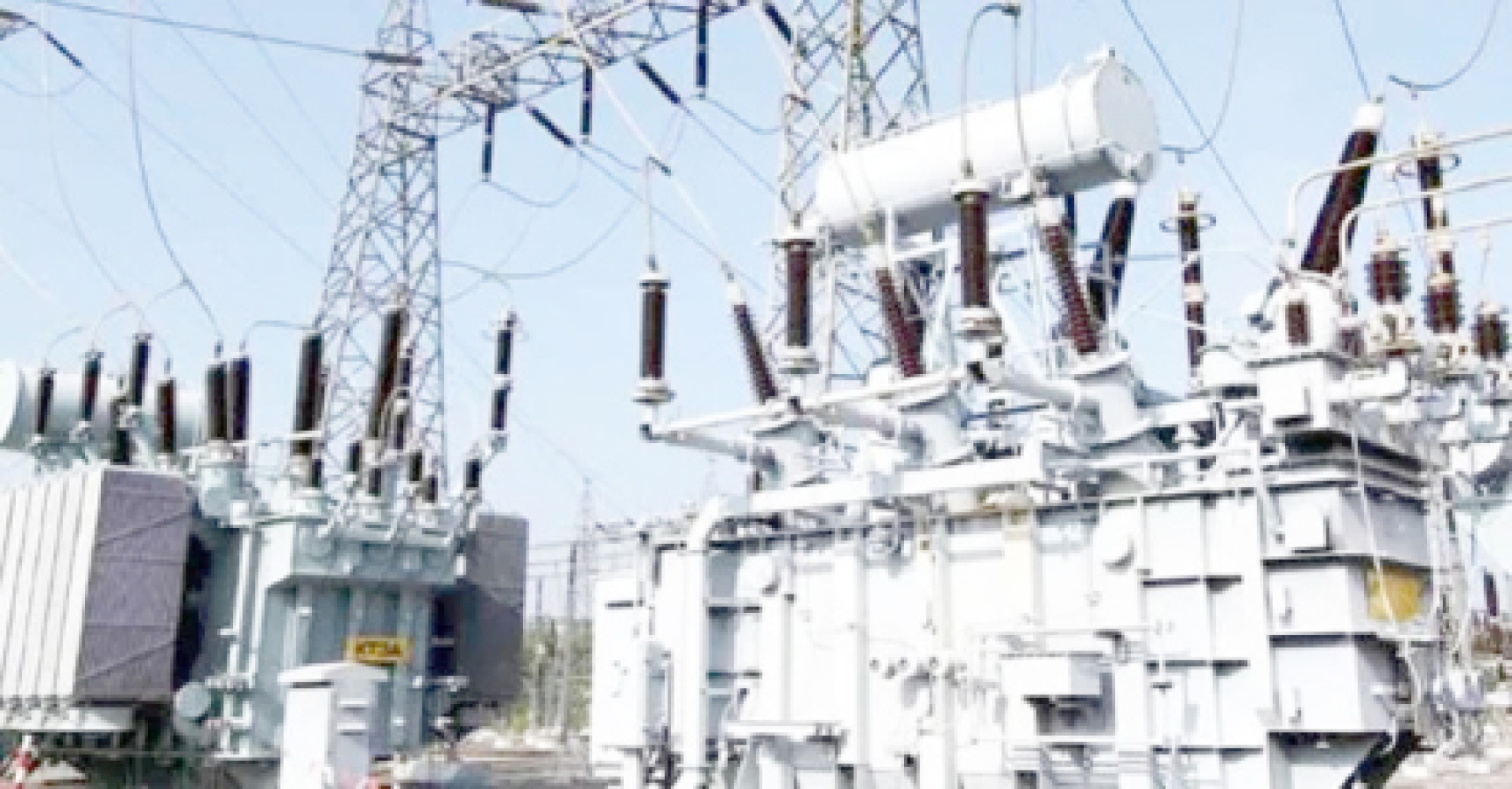Electricity consumers categorised under Band C, D and E have decried the sudden reduction in power supply after the increase in tariff for those under Band A feeders.
Band A customers receive 20 to 24 hours of electricity supply daily; B, 16 to 20 hours; B and C, 12 to 16 hours; D, 8 to 12 hours; B and E, four to eight hours.
The Nigerian Electricity Regulatory Commission (NERC) had, on April 3, announced an increase in tariff for customers in B from N68 per kilowatt watt hour to N225 to allow a cost reflective tariff while the distribution companies (DisCos) to provide a premium of 20 to 24 hours of electricity.
Daily Trust had reported that the DisCos had struggled to sustain the 20 hours minimum supply leading to over 37 apologies by the DisCos for its shortfall.
- Boat mishap: Delta commiserates with Nollywood, mourns Junior Pope, others
- NDLEA arrests pregnant woman, widow over N3.2m fake naira notes, drugs
Some of the DisCos had blamed technical faults from the Transmission Company of Nigeria.
Sources confirmed to Daily Trust that the DisCos now prioritise Band A customers to avoid sanctions by the NERC.
The situation is further compounded with low electricity generation, forcing the DisCos to ration 3,265 megawatts as of 3:49 pm yesterday.
Abuja Disco got the highest allocation of 611mw followed by Ikeja Disco, 603mw; Eko Disco, 513mw; Ibadan Disco, 329mw; Benin Disco, 223mw; Enugu Disco, 197mw; Port Harcourt Disco, 195mw; Kano Disco, 184mw; Kaduna Disco, 177mw; Jos Disco, 155mw and Yola Disco, 78mw.
Customers lament low supply
Christy Emmanuel, a resident of Federal Housing in Lugbe, Abuja, said: “The supply we get now is below eight hours despite being on Band C which means we are supposed to get a minimum of 16 hours of electricity daily. When the electricity is supplied now, it is mostly at night when you’re sleeping and it won’t be useful as we are all sleeping.”
Damilola Akanbi, said the same situation was the same in his estate at Life Camp as they were not getting eight hours of electricity per day despite being on Band B.
A resident of AMSSCO Platinum Estate in Galadimawa, Abdullahi Ahmed, in a WhatsApp group posted: “Please what’s happening? Since morning on Sallah day, we haven’t had supply for 5 hours, till now, we are in darkness. You reclassified our estate from Band A to B (not less than 16 hours supply), but for almost 65 hours, we have been in darkness. We have made complaints since Sallah day but to no avail.”
A resident of Kabala West in Kaduna, Ibrahim Yusuf, who said his area is on Band C, said the area had been suffering from poor electricity supply since the Sallah celebration.
“It was on the third day of Sallah, on Friday that we were given eight hours of electricity supply,” he said.
‘DisCos prioritising Band A customers’
While Daily Trust could not reach the spokesperson of the Abuja Electricity Distribution Company as she neither answered phone calls nor replied to text messages; an official of the Kaduna Electricity Distribution Company confirmed that the DisCos were prioritising Band A customers to avoid sanctions from the NERC.
The official, who asked not to be named, said the situation was compounded with the low generation of power supply.
“The minister said if we do not give Band A customers the required supply, they will sanction us. The supply is little. As of today, the supply is little over 3,000 and they are saying whatever is available, we should give Band A not less than 20 hours. So, how will the others get?
“If we don’t give the Band A, we are going to be sanctioned. We can’t be rationing fairly as we are not the ones who generate it,” he said.
TCN tackles DisCos on low supply
Meanwhile, the Transmission Company of Nigeria (TCN) has denied reports from the Ibadan, Benin and Yola DisCos for being the cause of power shortage to their Band A customers.
The General Manager of TCN, Ndidi Mbah, in separate statements during the weekend, said the TCN was not to be blamed for the earth fault at Amukpe and tripping due to an XLPE cable puncture at Effurun, both at TCN substations.
She noted that on April 11, 2024, the Amukpe 33kV feeder tripped at 2:31pm and was restored by 4.08pm within 1 hour and 54 minutes.
She said the cause of the outage, which was clearly under BEDC purview, was an instantaneous earth fault caused by stormy weather, which was restored on trial reclosure after the rain had subsided.
For Ibadan DisCo, Mbah said the feeders mentioned in its publication were not within the TCN network.
Abandoning services to other bands makes no sense– Experts
The Chief Executive Officer at Sage Consulting & Communications, Bode Fadipe, said the removal of subsidies for Band A consumers that made it mandatory to meet DisCos’ service commitment does not mean they should abandon their responsibilities to customers on Bands B, C, D and E.
“The DisCos’ decision does not make economic sense. The revenue generated from the bands makes a huge bulk of what sustains the sector. This is because they still have the volumetric advantage because they take 60 percent of the load on the grid.
“So, you can’t discard them. Band A alone can’t take care of the financial needs of the sector. No DisCos, in its right senses, would ignore the other bands and no regulator will encourage or advocate that,” he said.
He noted that the DisCos have a service responsibility to those below Band A as the availability of subsidy in those categories should not mean the DisCos do not have a responsibility towards them.
Founder, Spark Nigeria, Chinedu Amah, said: “These users have always had this level of supply prior to this time; the new emphasis on Band A is removing subsidy from those who had been profiled to have the capacity to pay.
“I think the whole process should be toiled for optimised supply; the industry should grow from identifying weak links to improved service levels through intentional partnerships. The customers really don’t care about who is at fault; they want improved services.”

 Join Daily Trust WhatsApp Community For Quick Access To News and Happenings Around You.
Join Daily Trust WhatsApp Community For Quick Access To News and Happenings Around You.



